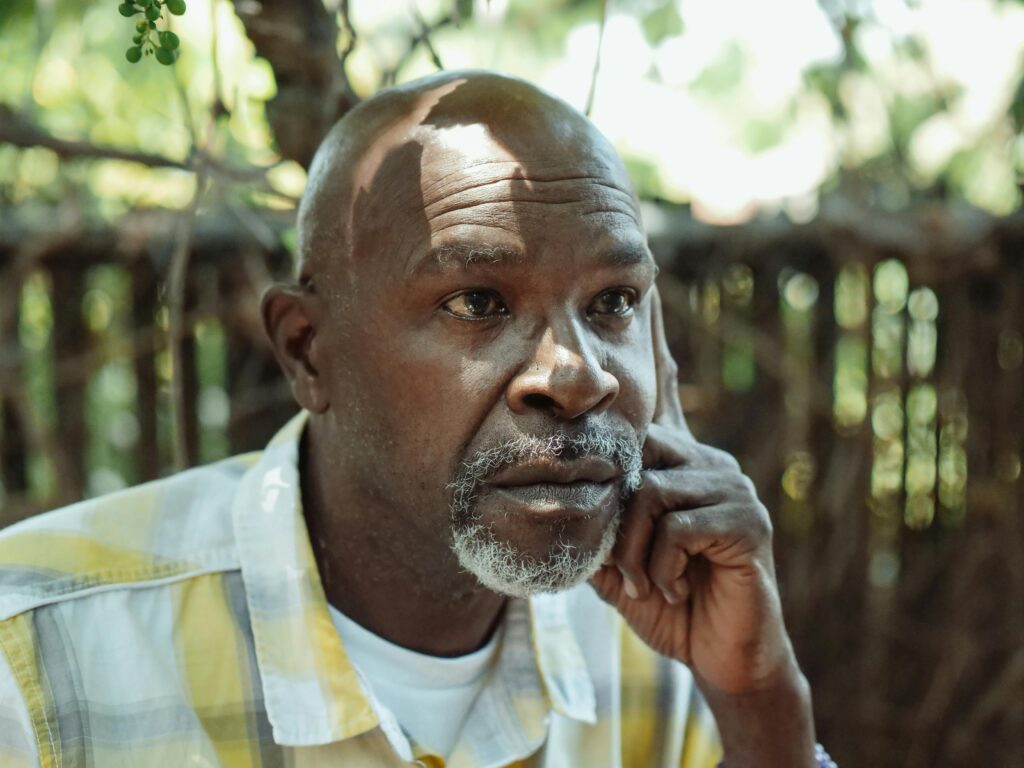As the United States prepares for the possibility of Donald Trump’s re-inauguration, many Americans are experiencing a range of emotions, from anxiety and fear to sadness and grief. For some, the prospect of another four years under Trump’s leadership is a daunting one, and the emotional toll is already being felt.
Understanding Anticipatory Grief
Anticipatory grief refers to the emotional response to an impending loss or traumatic event. In this case, the potential re-inauguration of Trump is triggering feelings of grief and loss in many individuals, particularly those who feel that their rights, values, and sense of security are being threatened.
The Psychological Impact of Trump’s Presidency
Trump’s presidency has been marked by controversy, polarization, and a sense of uncertainty. For many, his leadership style and policies have created a sense of unease and insecurity, which can have a profound impact on mental health. The constant exposure to stressful and traumatic events can lead to feelings of burnout, anxiety, and depression.
The Importance of Self-Care and Community Support
In the face of anticipatory grief, it is essential to prioritize self-care and seek support from loved ones, community, and mental health professionals. Engaging in activities that promote relaxation and stress reduction, such as meditation, yoga, or creative pursuits, can help mitigate the emotional toll of this experience.
The Role of Truth and Facts in Mitigating Grief
In times of uncertainty and chaos, it is crucial to hold onto truth and facts. Verifiable information and credible sources can provide a sense of grounding and stability, helping to alleviate feelings of anxiety and fear. By staying informed and educated, individuals can better navigate the complexities of the current political landscape.
The Power of Collective Action and Resistance

The prospect of Trump’s re-inauguration has also mobilized many Americans to take action and resist the policies and ideologies that they oppose. Collective action, advocacy, and activism can be a powerful way to channel emotions and create positive change. By working together and supporting one another, individuals can build a sense of community and purpose, which can help to mitigate the emotional toll of this experience.
Conclusion: Finding Hope and Resilience in Uncertain Times
While the prospect of Trump’s re-inauguration may be causing significant distress for many, it is essential to remember that there is always hope for a better future. By prioritizing self-care, seeking support from others, and staying informed, individuals can build resilience and navigate the challenges ahead. The truth will indeed set you free, and by holding onto it, we can create a more just, equitable, and compassionate society for all.
Charts: Anticipatory Grief and Trump’s Re-Inauguration
- Emotional Response to Trump’s Re-Inauguration: A graph illustrating the range of emotions experienced by individuals in response to the possibility of Trump’s re-inauguration.
- The Psychological Impact of Trump’s Presidency: A diagram outlining the potential psychological effects of Trump’s leadership style and policies on individuals and communities.
- Self-Care Strategies: A list of activities and practices that can help mitigate the emotional toll of anticipatory grief and promote relaxation and stress reduction.
Frequently Asked Questions (FAQs)
- Q: What is anticipatory grief, and how is it related to Trump’s re-inauguration?
A: Anticipatory grief refers to the emotional response to an impending loss or traumatic event. In this case, the potential re-inauguration of Trump is triggering feelings of grief and loss in many individuals. - Q: How can I cope with the emotional toll of Trump’s re-inauguration?
A: Prioritizing self-care, seeking support from loved ones and community, and staying informed are essential strategies for coping with the emotional toll of this experience. - Q: What role can truth and facts play in mitigating grief and anxiety?
A: Truth and facts can provide a sense of grounding and stability, helping to alleviate feelings of anxiety and fear. Verifiable information and credible sources can help individuals navigate the complexities of the current political landscape. - Q: How can collective action and resistance help in the face of Trump’s re-inauguration?
A: Collective action, advocacy, and activism can be a powerful way to channel emotions and create positive change. By working together and supporting one another, individuals can build a sense of community and purpose. - Q: What are some self-care strategies that can help mitigate the emotional toll of this experience?
A: Engaging in activities that promote relaxation and stress reduction, such as meditation, yoga, or creative pursuits, can help mitigate the emotional toll of this experience. - Q: How can I stay informed and educated about the current political landscape?
A: Staying informed and educated requires seeking out credible sources and verifiable information. This can include reading reputable news outlets, following fact-checking organizations, and engaging with experts and scholars. - Q: What is the importance of community support and social connections in coping with anticipatory grief?
A: Community support and social connections are essential for coping with anticipatory grief. By surrounding oneself with loved ones, friends, and like-minded individuals, one can build a sense of belonging and purpose. - Q: How can I balance my emotional response to Trump’s re-inauguration with the need to stay informed and engaged?
A: Balancing emotional response with the need to stay informed and engaged requires setting boundaries, prioritizing self-care, and seeking support from others. - Q: What are some potential long-term effects of Trump’s re-inauguration on mental health and well-being?
A: The potential long-term effects of Trump’s re-inauguration on mental health and well-being are significant and may include increased anxiety, depression, and trauma. - Q: How can I find hope and resilience in the face of uncertainty and adversity?
A: Finding hope and resilience requires holding onto truth and facts, prioritizing self-care, and seeking support from others. By working together and supporting one another, individuals can build a sense of community and purpose, which can help to mitigate the emotional toll of this experience.


